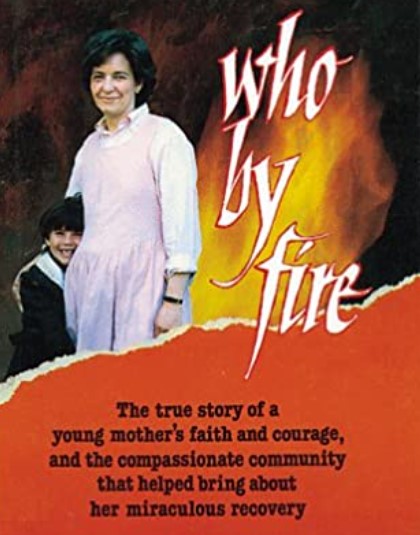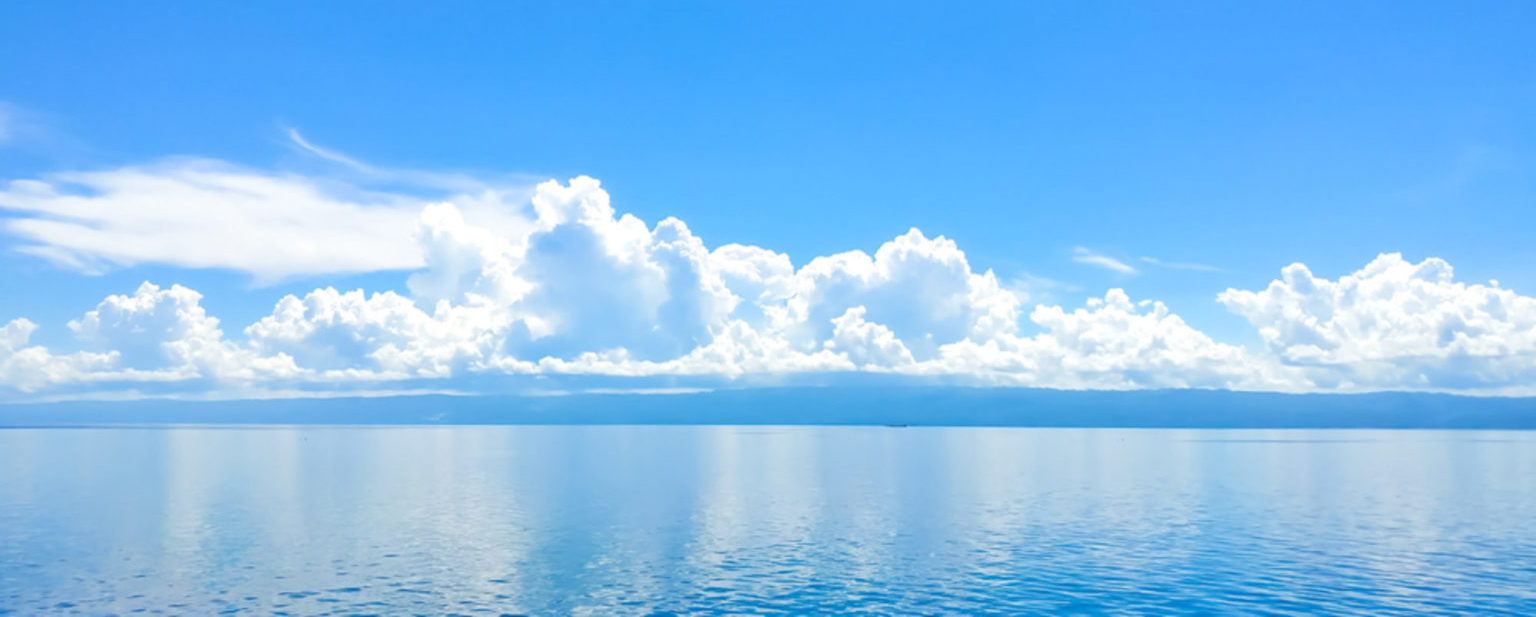
Who By Fire by Chaya Malka Abramson
The ubiquitous brown cardboard carton was plopped on my front porch, delivered in one day as promised. I eagerly brought it inside and cut through the tape, not to get to the contents inside (diapers for the grandson? Yet another cute face mask?) but to grab at the bubble wrap and start popping those air-filled pockets of stress relief. Ah- what a difficult day/week/year I’ve had!
Then I opened Who By Fire and read Chaya Malka Abramson’s heroic battle with fire, burns, family and recovery. Bubble wrap, protecting my purchase and dissipating my stress, was my easy solution; a Jobst suit, protecting Malka’s burnt skin and slow healing, was her painful prescription.
“Our previous American Jewish lives made me think of a glass-bottomed boat that I had seen in Eilat: Jewish holidays and customs were visible but distant from us, as if separated by a sheet of glass. We could see their beauty but could not really feel them. Now it was as if we had jumped into the teeming waters of our new/old heritage.” Malka and her sister Miriam made Aliyah, met their besherits and married, and were blessed with children. They settled in Mount Zion, which Jewish tradition identified as the “last resting place of King David and his descendants,” and were the “first Jewish residents…since the Ramban in the 13th century.” Life in their apartment in the old stone building was full and rich and historic; Malka and Simcha, her musician husband, welcomed family and friends to their apartment as they established a firm foundation in Eretz Yisrael. Then chaos ensued: Simcha was in America performing with his band, her Nana was visiting, the children were sleeping, and “I heard a tremendously loud, echoing noise. It sounded like the ‘whoosh’ of a whip, followed by a blast. Bright yellow dancing flames appeared everywhere, and I was standing in the midst of them. The gas had somehow escaped; a spark from somewhere caused it to ignite.” Malka yanked her sleeping children, one by one, from their beds and crib and deposited them outside where neighbors had gathered. She then rescued her Nana from the flames and brought her outside. The streets were too narrow for the ambulance to navigate, so she navigated the streets to find the ambulance. Neither she nor her neighbors and friends knew the extent of her injuries; adrenalin masked the pain of the burns which covered most of her body.
Life began again in the intensive care unit of Hadassah hospital. On the outside was burnt skin, sterile blue sheets, a mummified appearance. Inside was Malka, “the same person…but my body is completely different from what it was before the fire.” Malka endured surgery upon surgery, repeated skin grafts, months of physiotherapy, occupational therapy, and the iconic Jobst suit, an “elastic pressure suit which encased the entire body, a head and face mask with openings for the eyes, nostrils, mouth and ears…and a pair of gloves.” As life began again in her (new) home, as her children were reunited with their Jobst suit encased mother, as Malka became Chaya Malka and continued with her life, she reflected on the incredible chesed shown her by family and friends in Israel and America and beyond. In her darkest days while in surgery she sang to Hashem; while recovering she realized Hashem was giving her unique challenges that only she could navigate. Malka celebrated the first anniversary of the fire and the miracle of her and her family’s recovery with a festive meal for those women who had helped her throughout the grueling year; in years following, she celebrates with her family in yom tov mode- dressed in holiday clothes, eating that festive meal, recounting “the miracle of the fire.”
So back to my bubble wrap. Those air pockets might hold a satisfying pop when pressed and snapped, but they’re only a temporary relief for my angst. As I looked at the photos of Chaya Malka’s beautiful family, smiling husband and children, and her smiling eyes peeking out from the Jobst mask, I realize that relief comes more from faith and family and community and all-encompassing chesed from those near and far. This remarkable woman has taught me how to live my life sans bubble wrap; I will wrap myself up in those winter-knitted afghans, drink in the pictures of my beautiful children and grandchildren, and thank Chaya Malka for sharing her story. May we all thank Hashem for the miracles- noticed and unnoticed- in our lives, and may we strive to emulate this incredibly brave woman who shared her story of miracles with us.
Randy Rubinstein lives in Sharon, Massachusetts
